Article Topics
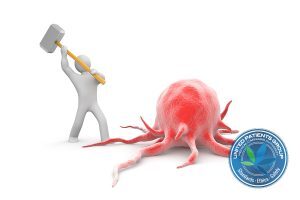 How Cannabis Causes Cancer Cells to Die
How Cannabis Causes Cancer Cells to Die
By now you have probably heard a story or two about how medical cannabis helped heal cancer. This may have even been your experience or the experience of a loved one. Cannabis has proven to be effective against cancer in many ways, from reinforcing the endocannabinoid system to boosting the immune system and cutting inflammation.
The most impressive way that medical cannabis can affect cancer cells, however, is through its ability to be a catalyst for “programmed cell death.” This process is called apoptosis and it is the most effective way that cannabis and other natural substances can turn cancer around for good.
What is Apoptosis?
Apoptosis is a process that happens to all healthy cells. Just like all living beings, cells are meant to be born, live their life and then expire. Healthy cells die in two ways: through necrosis and through apoptosis. In necrosis, a cell is damaged by an external force such as an injury, a poison, an infection or a drastic cutting off of blood supply. When necrosis happens, it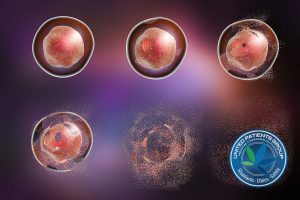 causes much strain on the body through accompanying inflammatory responses.
causes much strain on the body through accompanying inflammatory responses.
Apoptosis, on the other hand, can be thought of as the “clean” means of cell death. Between 50 and 70 billion cells in your body die each day as a result of apoptosis– and this is a good thing. The process of apoptosis leads to cell regeneration, cellular morphogenesis, the maintenance of healthy tissue and the elimination of harmful cells.
Apoptosis is also predictable and relies on patterned mechanisms within the cell’s DNA that causes it to “commit suicide” when its time has come.
Cannabis Affects Cancer Apoptosis in Many Ways
While healthy cells succumb to apoptosis by the billions every day, cancer cells are a whole other story. What makes cancer so unique (and scary) is that the mechanisms of apoptosis have mutated and have basically been turned off in cancer cells. Because of this, malignant cells do not die. Instead, they continue to multiply and spread indefinitely.
There are dozens of natural substances out there that have the ability to effect apoptosis in cancer cells. Phytonutrients such as curcumin in turmeric, sulphoraphane in broccoli sprouts and oleocanthal in olive oil are just three well-studied examples.
 Cannabis also has the ability to effect cancer cell apoptosis. As it turns out, cannabis has several substances and mechanisms within it that have the ability to turn apoptosis “back on” in cancer cells. Some of the cancer-fighting substances in cannabis include powerful terpenes, polyphenols and antioxidants.
Cannabis also has the ability to effect cancer cell apoptosis. As it turns out, cannabis has several substances and mechanisms within it that have the ability to turn apoptosis “back on” in cancer cells. Some of the cancer-fighting substances in cannabis include powerful terpenes, polyphenols and antioxidants.
Let’s take a look at the most researched ways in which cannabis can be a catalyst for cancer cell death: through the cannabinoids CBD and THC.
How CBD Affects Programmed Cancer Cell Death
CBD (or Cannabidiol, the non-psychoactive component of cannabis) is a powerful phytonutrient and anti-oxidant. It is also considered to be a powerful anti-cancer agent and has demonstrated apoptotic activity on a variety of cancers:
-A very recent March 2016 Israeli study found that while both TCH and CBD catalyzed cancer cell death in childhood neuroblastomas (brain cancers), CBD was actually more effective at inducing apoptosis through morphological changes within the cell. It was especially seen to be a catalyst for the production of healthy caspases within cells. Caspases are enzymes that play a major role in controlling inflammation and in sparking apoptosis.
-A 2013 Italian study found that CBD in particular induced apoptosis in prostate cancer cells in part because it helped to elevate levels of a family of substances called “reactive oxygen species.”
As the name implies, “reactive oxygen species” contain high levels of oxygen. Cancer cells cannot live in the presence of oxygen and must stay within anaerobic environments in order to survive. The presence of substances such as peroxides, superoxides and hydroxyls, which CBD seems to elevate, can quickly lead to cancer cell death.
Interestingly, the Italian researchers also discovered that certain kinds of prostate cancer cells that have the ability to turn into mutated neuroendocrine-like cells were more sensitive to CBD-induced apoptosis. This may be further proof of the way in which the endocannabinoid system and cannabinoids work on all systems and levels of the body for healing – from brain neurons to reproductive processes.
neurons to reproductive processes.
Research is also discovering how CBD and CBDA may affect the spread of cancer tumors on the genetic level. In a Japanese study, CBDA alone stopped the spread of aggressive breast cancer by slowing down the mechanisms by which cancer cells travel through the body.
CBD has shown the same responsiveness in cancers of the lung, thyroid, cervix, liver and brain as well. Although effecting the means of cancer cell travel is not an apoptotic activity, it does demonstrate how cannabis is able to target the ways in which cancer cells survive and spread at every apparent level and stage of development.
How THC Kills Cancer Cells
THC (Tetrahydrocannabinol) often works in conjunction with CBD to activate and enhance CBD’s effectiveness at healing through the endocannabinoid system. The same is true for its ability to aid CBD in instigating apoptosis.
The most impressive example of how THC activates cancer cell death was discovered by Dr. Christina Sanchez of Compultense University in Madrid, Spain. Dr. Sanchez has dedicated her professional life to advancing the understanding of how cannabinoids work to not only enhance such biological functions as appetite, motor function and reproduction but also how it works against cancer. She and her research team spent a decade focusing on this process, adding new insights into how THC works to instigate apoptosis, or cancer cell death.
Dr. Sanchez and her team first treated brain tumor cells with cannabinoids in in vitro studies. They found that THC alone was killing the cancer cells. They then decided to analyze this same process in animal models in both brain and breast tumors. The tests again demonstrated the same results.
“Cells can die in different ways,” Dr. Sanchez explained in a 2014 interview with the medical cannabis news show Cannabis Planet. “…and after cannabinoid treatment, (cancer cells) were dying in the clean way. They were committing suicide which is something that you really want…”
Dr. Sanchez and her team discovered that THC had the ability to induce apoptosis in cancer cells. She also discovered that THC in cannabis directly targets cancer cells yet leaves healthy cells alone.
“One of the advantages of cannabinoid-based medicines would be that they target specifically tumor cells,” continues Dr. Sanchez. “They don’t have any toxic effect on normal non-tumoral cells. This is an advantage with respect to standard chemotherapy, that targets basically everything.”
CBD, THC and Phytonutrients in Cannabis Work Together to Fight Cancer
Although science has pretty much confirmed that both CBD and THC individually can induce apoptosis, the most impressive effects occur when the hundreds of phytonutrients present in a single cannabis plant work synergistically against cancer tumor formation and spread. Besides CBD and THC, cannabis also contains phytonutrients called terpenes, many of which have been proven in research studies to effect cancer cell death. Some terpenes that have this ability are limonene, linalool ,myrcene and pinene.
Cannabis contains too many phytonutrients to name that may contribute to its overall effect at inducing cancer cell apoptosis. Although science has learned a lot about this process, it still has a long way to go in understanding all the mechanisms at play. One thing is for sure, however. More and more research is pointing to cannabis’ ability to affect apoptosis in dozens of cancer types, and to possibly even reverse the progression of cancer tumors at many different stages of their development.
Informative Videos on Cannabis and Cancer – Click Here


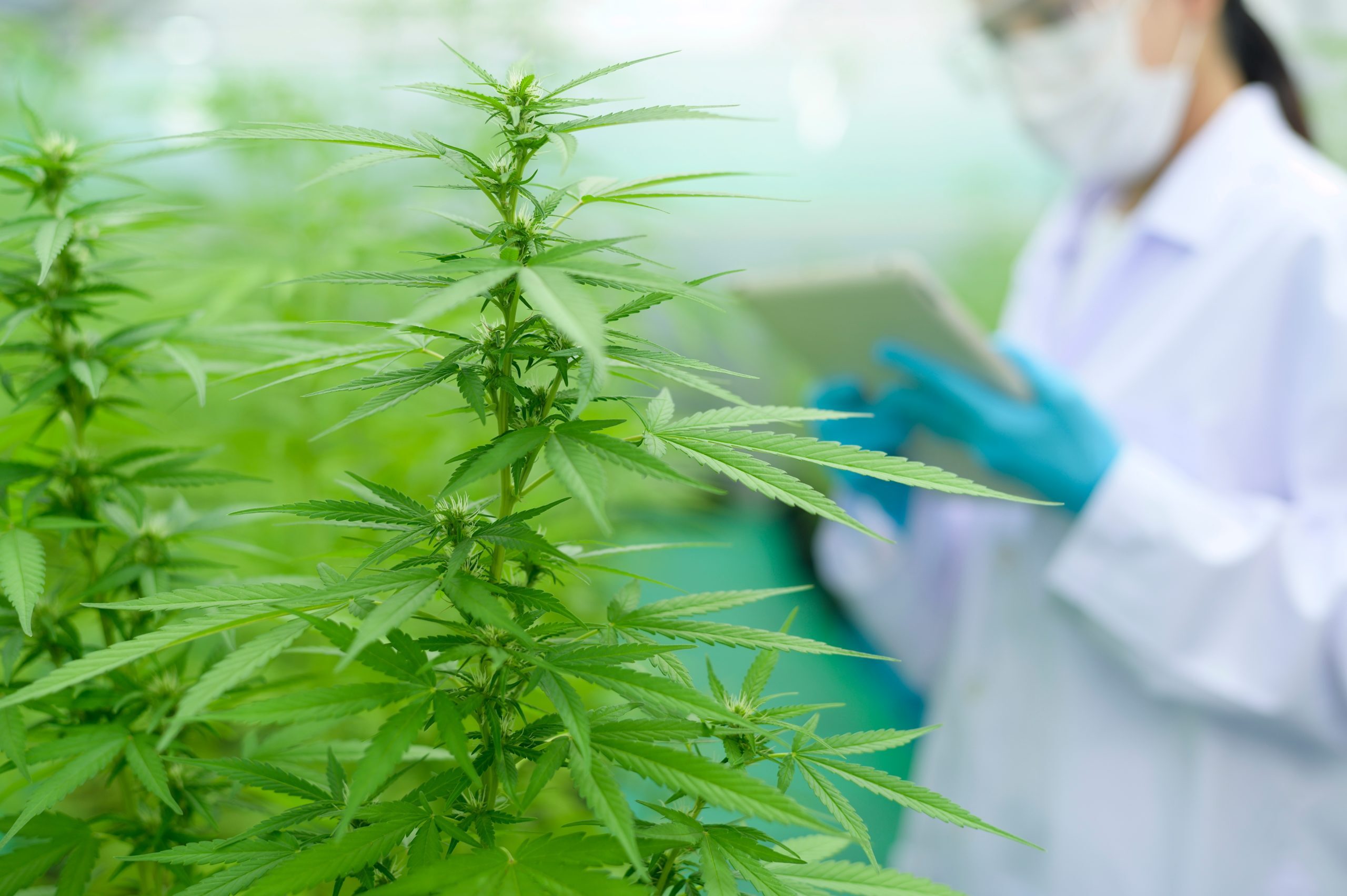

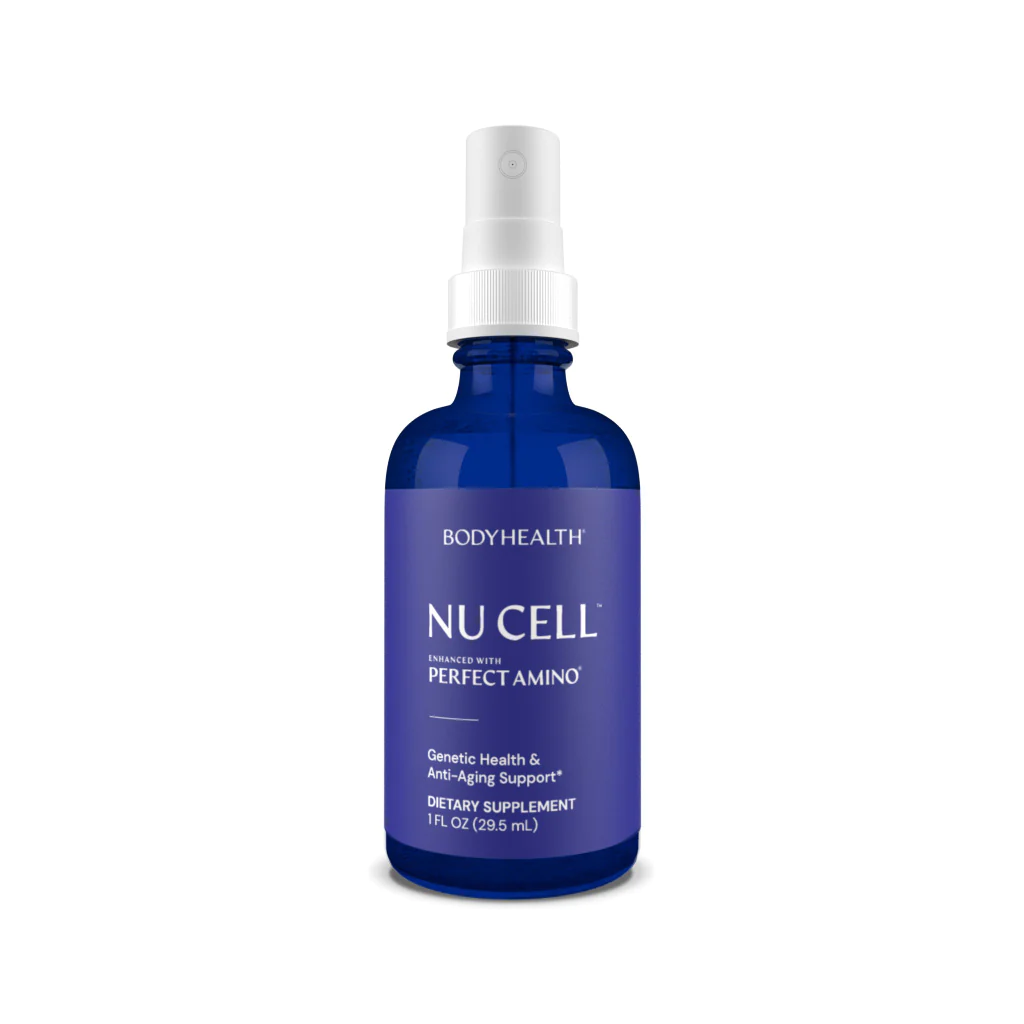


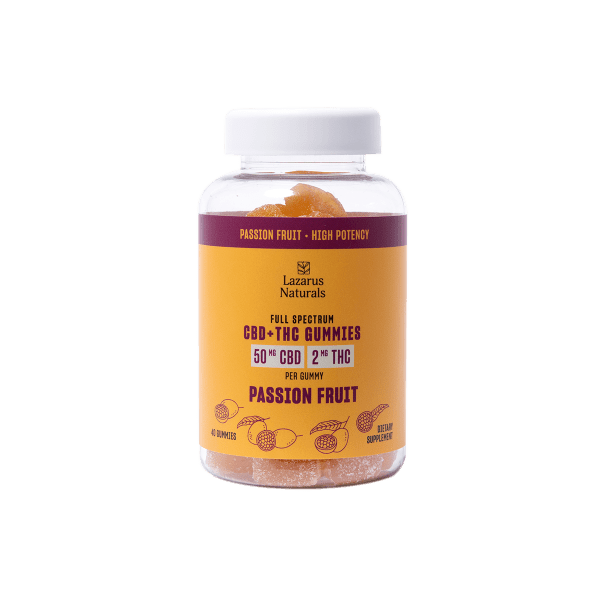



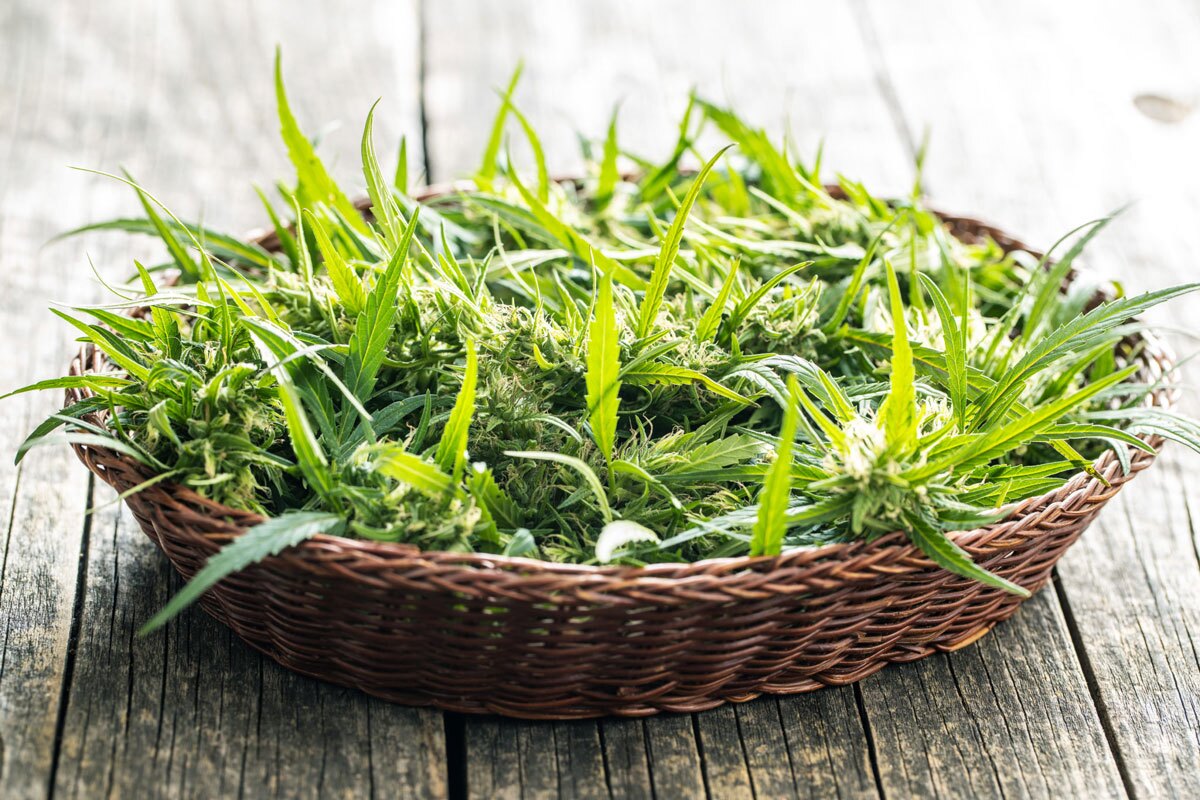



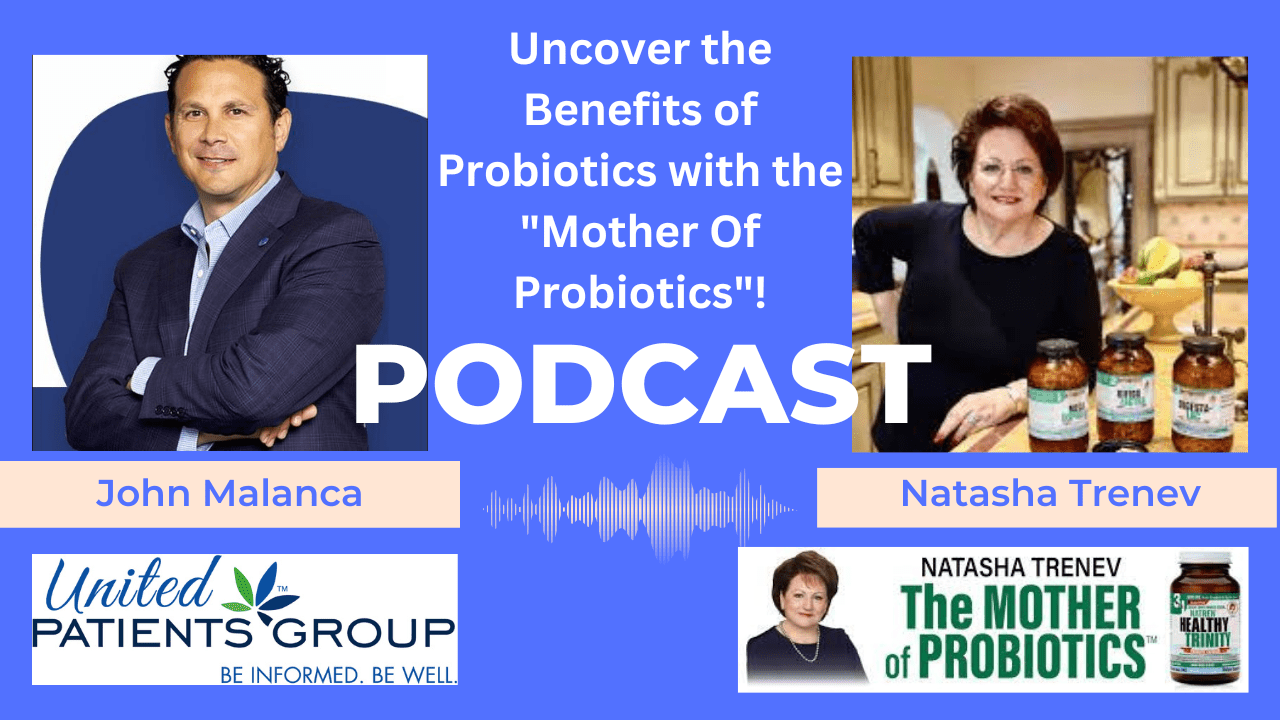
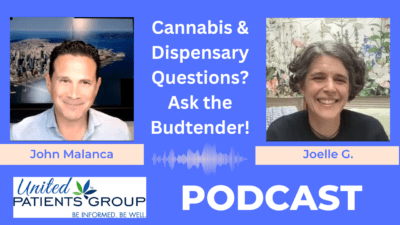
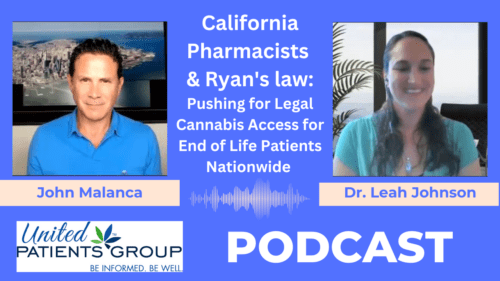
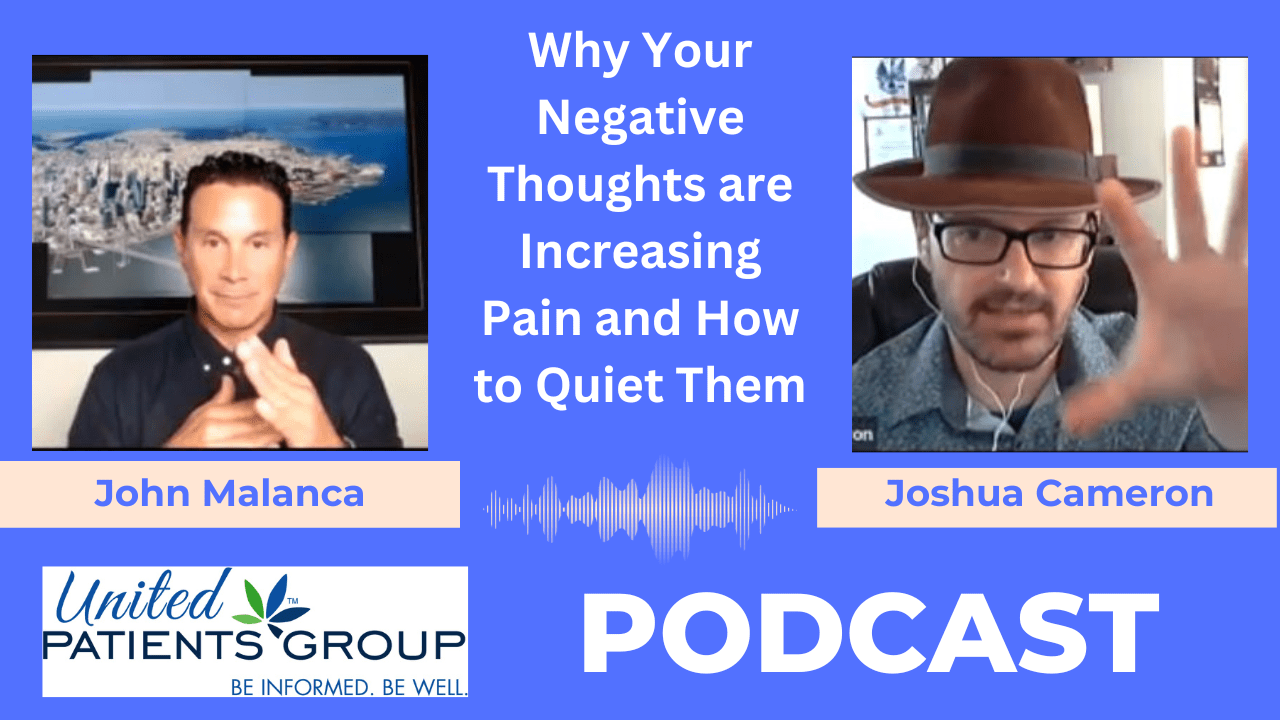



















I would like the newsletter but I’ve tried 4 times to sign up…
You may sign up for the UPG newsletter via the UPG website at this link: https://unitedpatientsgroup.com/signup/ If you still have trouble please let us know. Thank you!
What routes of administration and dosing ranges were utilized in the studies?
Great article and refine details on the distinction b/w the how cell dies i.e Apoptosis and Necrosis. Surely cannabis is effective in clearing away cancer cells.
Thanks for the share.
This is all very encouraging, but where are the sources? Where is the evidence to support these claims? I would very much like to see them.